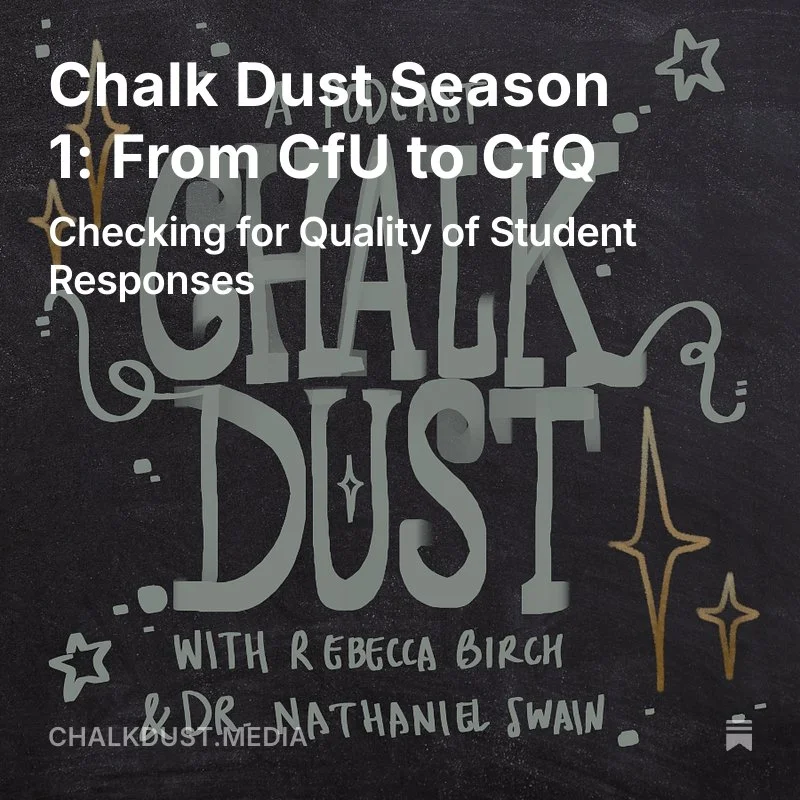Subscribe to the cognitorium
to access slides from recent talks and other Subscriber Downloads
Here’s a preview!
Sharing Best Practice Melbourne North May 2025
Sharing Best Practice Sydney March 2025
researchED Ballarat March 2025
Sharing Best Practice High Country Feb 2024
Sharing Best Practice Auckland Oct 2023
Sharing Best Practice Ballarat Conference Oct 2023
La Trobe Valley Inclusive Conference Sep 2023
SSSR Conference Slides
Sharing best Practice Geelong 2023
SBP Ballarat 2022 - Inverting the legacies of balanced literacy
Don’t Reinvent the wheel! Write2Learn resources to supplement TWR
Knowledge rich-Curriculum meets bulletproof instruction
Year 1 Mesopotamia Unit (adapted from Core Knowledge)
Year 3 Vikings Unit (adapted from Core Knowledge)
Learning and Engagement Icons Key PDF (adapted from icon set by Brad Nguyen)
Inverting the legacies of balanced literacy presentation

Slides from Dr Swain’s SBP Presentation
In this personal narrative, guest author Rachel Holden reflects on her journey toward creating a more intentional and focused classroom environment. Inspired by research and admired setups she encountered online, Holden initially struggled with doubts and limitations—concerned about furniture constraints, logistical challenges, and potential pushback. Despite these hurdles, she began making small, thoughtful changes, gradually transforming her space into one that better supports student learning and engagement. Her story highlights how even modest shifts can lead to meaningful improvements in the classroom.
OTHER POSTS
If you haven't listened to or read the latest APM Report from Emily Hanford, this is really a must. A multifaceted look at the importance of oral language, background knowledge, and effective instruction for reading comprehension, Hanford’s report sheds light on the cruel intersections and interactions between race, family income, poverty, and educational failure.
As part of a postgraduate qualification in Primary Teaching I had the privilege of studying how to teach the humanities and social sciences. As a BA graduate, I was thrilled. I soon discovered, however, that inquiry-based, constructivist pedagogies were touted by the lecturer as the only acceptable approach to teaching this learning area. Given the research into the limits of constructivist approaches (especially for novices), this was disheartening…
Winstanley et al. (2019). Dr Maxine Winstanley, a very accomplished colleague of mine from the UK, has had a career as a police officer before training as a speech-language pathologist and undertaking a PhD. This new paper is based on her work with young people in the north of England – mostly as they first make contact with the youth justice system. Here’s a brief overview, relevant for all working (or interested) in the youth justice space.
























Discover how explicit routines, consistent expectations, and simple strategies like the “Do Now” can transform classroom culture. This article explores the link between wellbeing and academic success, offering practical tips for creating calm, structured, and inclusive learning environments.